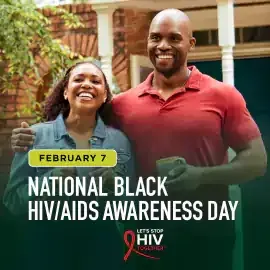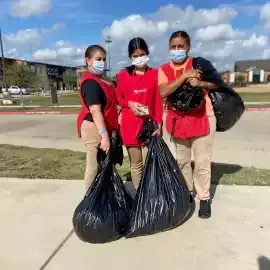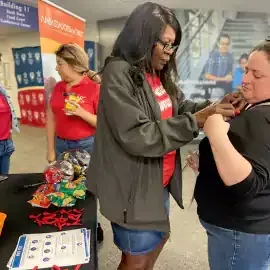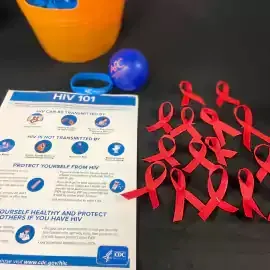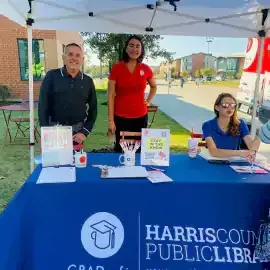AFC Youth Ministries
Shedding Light on National Child Abuse Month: Understanding the Link to Homelessness and Mental Health
Understanding the Link to Homelessness and Mental Health
Shedding Light on National Child Abuse Month: Understanding the Link to Homelessness and Mental Health
April marks National Child Abuse Month, a time to raise awareness about the critical issue of child abuse and its profound impact on individuals and society. While the devastating effects of child abuse are wide-ranging, it's essential to recognize its connection to homelessness, runaway youth, and mental health challenges.
Child abuse, whether it's physical, emotional, or sexual, can have long-lasting consequences that extend far beyond childhood. One of the tragic outcomes of abuse is the increased likelihood of homelessness among survivors. Studies have shown that individuals who experience abuse during childhood are at a significantly higher risk of becoming homeless later in life. The trauma and instability caused by abuse can disrupt familial relationships, erode support systems, and exacerbate existing vulnerabilities, making it difficult for survivors to maintain stable housing.
Furthermore, the trauma of abuse can lead to runaway behavior in youth as they seek to escape unsafe environments. Many young people who run away from home are fleeing abusive situations, hoping to find safety and solace elsewhere. However, without proper support and intervention, they often find themselves vulnerable to exploitation, trafficking, and further victimization on the streets.
In addition to the tangible consequences such as homelessness, child abuse also takes a profound toll on mental health. The psychological scars left by abuse can manifest in various forms, including anxiety, depression, post-traumatic stress disorder (PTSD), and substance abuse disorders. Survivors may struggle with low self-esteem, trust issues, and difficulty forming healthy relationships. The emotional pain and trauma of abuse can linger for years, affecting every aspect of a person's life and hindering their ability to thrive.
It's crucial to recognize the intersectionality of child abuse, homelessness, and mental health and to address these issues comprehensively. This includes implementing trauma-informed care practices that prioritize healing and support for survivors, providing accessible mental health services, and investing in prevention programs that work to stop abuse before it occurs.
As we observe National Child Abuse Month, let us renew our commitment to protecting the most vulnerable among us and creating a world where every child can grow up safe, healthy, and supported. By raising awareness, advocating for change, and supporting survivors, we can work towards a future free from the devastating effects of child abuse.
If you or someone you know is experiencing abuse, please reach out to local authorities or Ambassadors for Christ for help. You are not alone, and support is available. Together, we can make a difference and create a brighter tomorrow for all children.
Leave Your Comment
search Article
Recent Posts

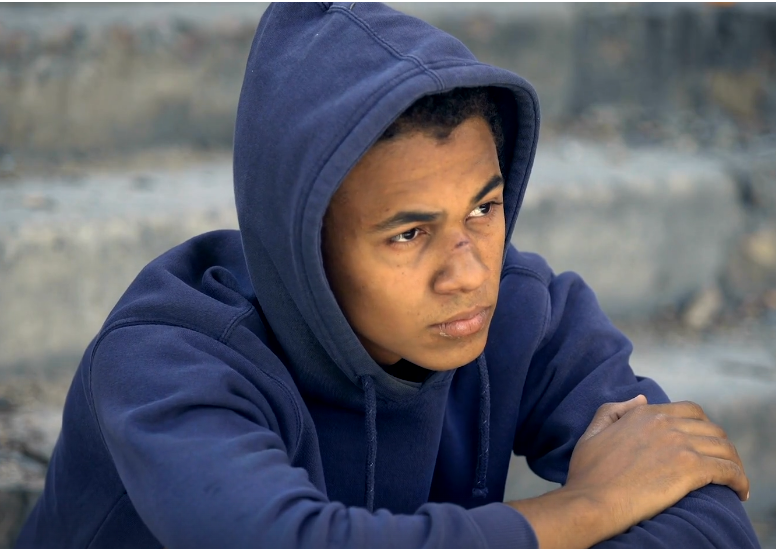

Have a question?
We’re here to help. Send us a message or give us a call today:
OUR LOCATIONS:
AFC Corporate Office-Houston
100 Glenborough Drive Suite 900 Houston Texas 77067
AFC Corporate Office-Pine Bluff, Arkansas
305 E. 6th Street Pine Bluff, AR 71601
AFC Drop In & Resource Center
555 Seminar Drive Houston, TX 77060
All Rights Reserved | AFC Youth Ministries | Website created by: True Digital Marketing
This website is supported by Grant Numbers 90SR0183-01-00, 90CX7468-02-00, 90CX7469-0200 from the Family and Youth Services Bureau within the Administration for Children and Families, a division of the U.S. Department of Health and Human Services. Neither the Administration for Children and Families nor any of its components operate, control, are responsible for, or necessarily endorse this website (including, without limitation, its content, technical infrastructure, and policies, and any services or tools provided). The opinions, findings, conclusions, and recommendations expressed are those of the author(s) and do not necessarily reflect the views of the Administration for Children and Families and the Family and Youth Services Bureau.






